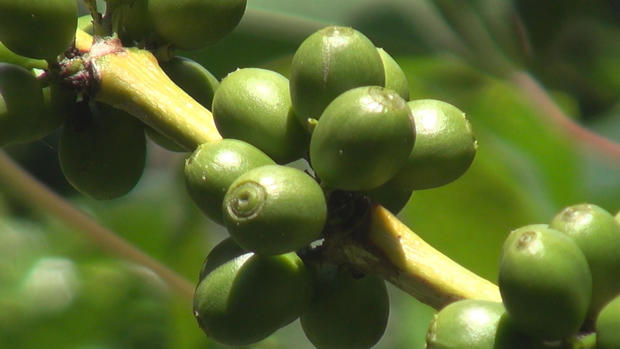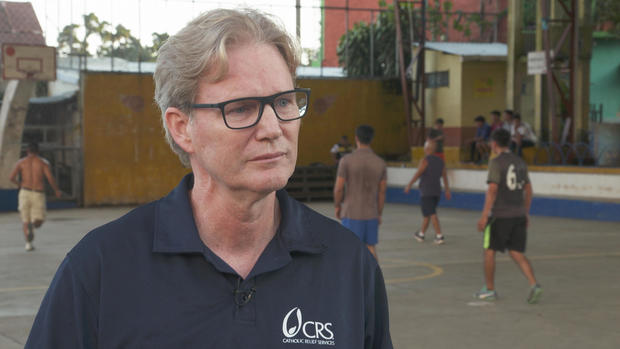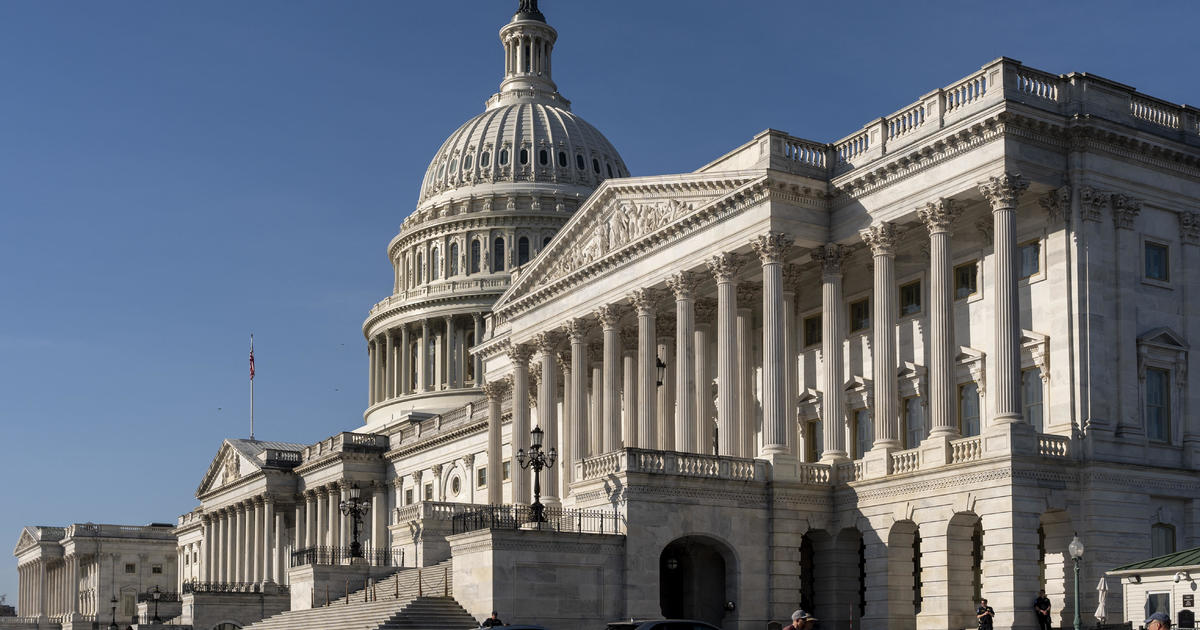In El Salvador, less coffee means more migrants
As Julio Armando Gutierrez walks among the decades-old coffee trees on his farm in Comasagua, El Salvador, he points out the green leaves that have become mottled with yellow. This sign of plant disease has become a familiar sight.
A coffee farmer for almost four decades, Gutierrez has watched as the fungus, known as coffee leaf rust, has decimated his harvest over the last few years, destroying about 75 percent of his coffee plants. Because local banks make loan considerations based on the last year's harvest, most have been unwilling to lend money. The lower price of coffee on the international market has not helped.
A lot of farmers Gutierrez knows have decided to migrate to other places because they could not find jobs. While it is difficult to determine exactly what impact coffee farmers have on the flow of migrants coming to the U.S., it is clear that trouble in El Salvador's coffee industry has contributed to the migrant pressure in the region.
Though it is understandable why Gutierrez, too, would want to leave his home country and move north, he said he has not considered it.
"As a member of this cooperative, we have to stay here and struggle to make things better," he said.
A changing coffee industry in El Salvador
El Salvador is a small Central American country about the size of New Jersey. For more than a century, its political and economic power was rooted in coffee.
"El Salvador was a major player on the global stage in terms of coffee production and sales," said Paul Hicks, a water specialist with Catholic Relief Services in El Salvador who works closely with coffee farmers. "Much of the wealth of the country was generated through the coffee plantations."
The industry's decline in El Salvador began in the 1980s during the country's civil war. In the ensuing years, other coffee producers, including Brazil, Indonesia and Vietnam, have driven up global supply. But a confluence of recent factors—including lower global coffee prices, continuing coffee leaf rust, lack of financing, and extortion from gangs—has caused production in El Salvador to plummet.
Hicks says climate change is exacerbating these issues. El Salvador is particularly vulnerable to the impacts of climate change, especially rising temperatures and erratic rainfall. El Salvador has experienced drought five of the last six years, and extreme land degradation and deforestation have made the agricultural ecosystem more vulnerable. It is by far the most water-stressed Central American country.
In neighboring Honduras, where coffee production is actually increasing, the situation is different. There, farmers are pushing coffee production into higher elevations, where the temperatures are cooler and the soil is in better shape.
The impacts on El Salvador's economy have been dramatic. Coffee is no longer the major source of the country's export revenues, and jobs in the industry have been cut in half in the last six years, according to the Salvadorian Coffee Council.
"Farmers can't feed their families," said Rick Jones, a youth and migration advisor based in San Salvador with Catholic Relief Services. "And what we know about that, it's a cumulative impact."
Migration and gang violence
El Salvador's broader economic outlook is just as grim. A third of Salvadorians live on less than five dollars and 50 cents a day, and well-paying factory jobs have been moving to Asia. Jones said most young people end up working in the "informal sector" making $2 a day.
As a result, many Salvadorians end up migrating north in search of economic opportunity. One-fifth of the country's population now lives in the United States.
"We're talking about people under massive amounts of pressure," Jones said. "They're not thinking about gaming a system. They're thinking about preserving their life."
It is not only their livelihoods they are trying to preserve. Salvadorians are caught in the middle of a turf war between two deadly gangs: MS-13 and Barrio 18. According to the UN, El Salvador's murder rate is higher than any other nation not at war.
Unlike in Honduras, where gang activity tends to be contained to urban areas, gang violence in El Salvador penetrates throughout the country, including rural coffee farms, which have been plagued by extortion.
"You're not going to see kids with baggy clothes and tattoos and their hat on backwards," Jones said. "You're going to see [them look] just like other young people—but they extort the coffee farmers and the workers in the fields."
Help for coffee farmers
Paul Hicks thinks foreign aid can help El Salvador's coffee industry.
With continued U.S. government assistance, he said, El Salvador can put money into the rural economy, which he believes would create jobs and decrease the flow of farmers looking elsewhere for opportunity. This spring, the U.S. had withheld financial assistance in an attempt to control the flow of migration. Instead, Hicks said, it had the opposite effect.
"You're reducing rural economic development and restricting job opportunities within the country," Hicks said. "So you're actually driving people towards migration."
Rick Jones has lived in San Salvador for almost 30 years. Recently, he has witnessed the collective impact poor coffee production has on farmers' families. First, he said, they start eating less. Then, they begin selling their household assets, like their kitchen table and other furniture. Finally, when the situation becomes dire, they leave El Salvador.
"They're not thinking about the wall or U.S. policies," Jones said. "They're thinking, 'My children are going to die if I don't do something.'"
The videos above were edited by Sarah Shafer Prediger.





